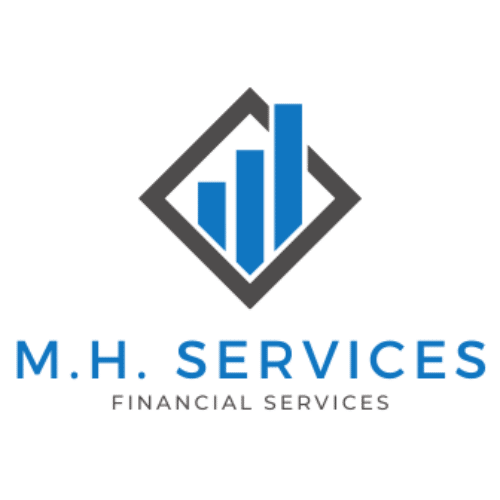Self Assessment Services
A self assessment is a form that allows to report income and expenses from the previous year. Every year businesses, self-employed and individuals in the UK are required to submit a self assessment tax return if they earn over £12,570.
What Is Self Assessment?
Self-assessment is the process of evaluating one’s own performance, skills, or achievements to identify strengths and areas for improvement. In UK taxes, Self Assessment is a system where individuals report their income and pay any taxes owed directly to HMRC.

Our Accountant
Provide many benefits and are always up to date with the latest news, regulations and laws in self assessment tax return.
- Help at affordable rates
- Offer personalized services
- Understand the world of taxes
- Save money on your next tax bill
- Work with experienced accountants
- Local tax accountants & consultants
- Starting from just £149
Self assessment tax returns can be a complex and time-consuming process, but there are many benefits to filing one. For starters, you’ll receive all of the eligible reliefs and allowances that you’re entitled to, which can significantly lower your overall tax liability.
Additionally, self assessment allows you greater flexibility when it comes to managing your finances and can even help you to save money in the long run.
The deadline for filling an online tax return is 31st of January – midnight and for the paper tax return is 31st of October. However, it is advisable to complete the return sooner rather than later, as this will give you time to fix any mistakes that may have been made. Also, if you are self-employed or a partner in a business, your return must be filed by 31st of October.
To file a self assessment tax return you should register with HMRC and complete a tax return form. There are several sections including personal information, income, expenses, reliefs and allowances you have to provide for the tax year. Complete your self assessment online, using software or contact an accountant for assistance.
The first step in completing a self assessment tax return is to gather all of your relevant documents, including pay slips, bank statements, records of expenses and any other relevant information. Once you have gathered all of your documents, you can start to complete the return.
In order to successfully complete a self assessment tax return, it is important to be organized and thorough. You will need to provide accurate information in order to avoid any penalties or interest charges. If you are unsure about anything on the self assessment tax return, it is advisable to seek professional help.
FAQ - Self Assessment Tax Return
Is it difficult to do your own tax return?
Not necessarily. Many people can complete their tax returns themselves using HMRC’s online service, which provides step-by-step instructions. However, it can be complex if you have multiple income sources or claim many deductions, in which case getting assistance can help.
How to do a tax return for the first time?
To complete a tax return for the first time, register for Self Assessment on the HMRC website and request your Unique Taxpayer Reference (UTR) number. Once registered, use HMRC’s online portal to fill out your income, expenses, and deductions. HMRC’s guidance can help walk you through each section.
Do I need an accountant to do my self-assessment?
No, it’s not mandatory to have an accountant. Many people file their returns independently, especially if their finances are straightforward. An accountant can be useful if your income sources are complex or if you’re unfamiliar with tax rules.
Do I need to do a self-assessment if I earn under £12K?
It depends. If you’re self-employed, you must file a Self Assessment regardless of income. If you’re employed with no additional income, you typically don’t need to file if your earnings are under the personal allowance (£12,570 in 2024). However, other factors (such as income from savings, property, or dividends) may still require a tax return.






